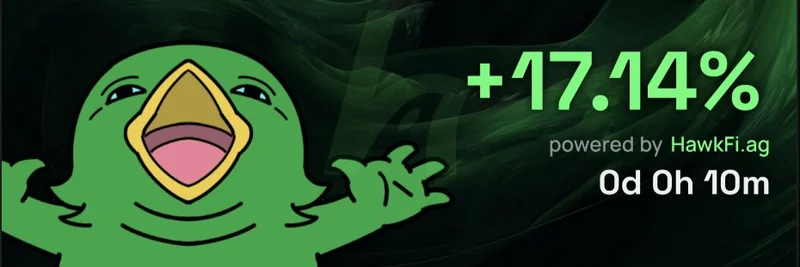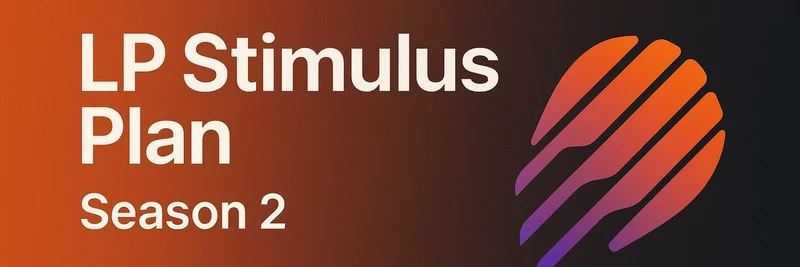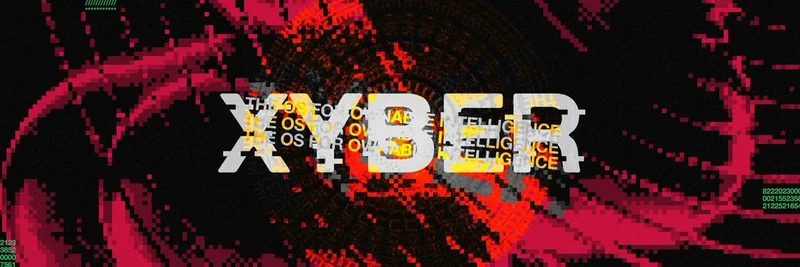In the ever-shifting landscape of cryptocurrency, old signals can take on new meanings. Back in 2022, crypto influencer Cobie tweeted that a Zcash ($ZEC) pump was the "universal sign to exit the markets." Fast forward to October 2025, and analyst hitesh.eth is flipping the script in his recent thread, arguing that $ZEC is no longer an ominous warning but a rallying cry for privacy rights.
Hitesh.eth points out that Zcash is morphing into a cultural symbol for supporting human privacy. It's positioning itself as a direct counter to controversial regulations like the EU's Chat Control law, which proposes mandatory scanning of private messages—even encrypted ones—to detect child sexual abuse material. While the goal sounds noble, critics argue it undermines end-to-end encryption, creating backdoors that could be exploited by hackers or governments. For more on the ongoing debate, check out the EFF's breakdown or the Fight Chat Control campaign.
This shift isn't happening in a vacuum. Key thought leaders are amplifying the message. Naval Ravikant, the renowned entrepreneur and investor, recently posted: "Bitcoin is insurance against fiat. ZCash is insurance against Bitcoin." His endorsement highlights Zcash's role in adding a privacy layer to the crypto ecosystem, using advanced zero-knowledge proofs (zk-SNARKs) to enable private transactions without revealing details on the blockchain. For newcomers, zk-SNARKs are like a magical receipt that proves a transaction happened without showing what was bought or for how much—keeping your financial life private.
But why Zcash over other privacy coins like Monero ($XMR)? In a reply within the thread, hitesh.eth explains that while Monero has strong fundamentals, it carries an "image issue" from past associations. Zcash, on the other hand, has revamped its narrative, focusing on lower inflation and better marketing. It's building a cult-like following, rooted in its pioneering use of zero-knowledge proofs. He warns, though, that jumping in now might be mid-cycle in this reflexive hype, so risk management is key. As he puts it, "Zcash looks no brainer, its becoming a cult."
Other replies echo this sentiment. One user questions if the tide is changing on $ZEC as an exit signal, while another recalls Hal Finney's vision of Zcash as "Bitcoin but with privacy." Even skeptics note Monero's delistings from exchanges due to its decentralization, contrasting with Zcash's hype potentially driven by institutional interests like Grayscale.
This conversation ties into broader meme token dynamics, where narratives and community drive value. Zcash isn't a traditional meme coin like Dogecoin, but its current surge feels memetic—fueled by cultural resistance and influencer backing. As privacy concerns grow in a surveillance-heavy world, $ZEC could represent more than just a token; it's a statement.
In a related post quoted in the thread, hitesh.eth uses this image of zombies to illustrate how collective attention in markets can lead to irrational FOMO (fear of missing out), where investors pile into hyped assets without considering the risks. It's a reminder that while $ZEC's privacy narrative is compelling, navigating crypto requires caution to avoid getting caught in the herd.
As blockchain practitioners, keeping an eye on projects like Zcash helps us stay ahead of technological trends and regulatory battles. Whether you're holding $ZEC or just observing, this movement underscores the importance of privacy in the decentralized future.



